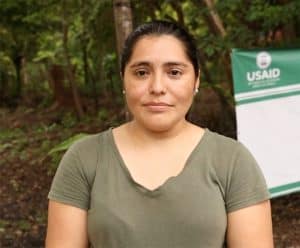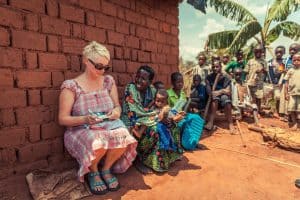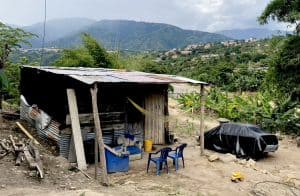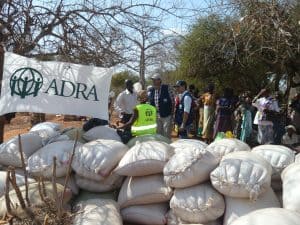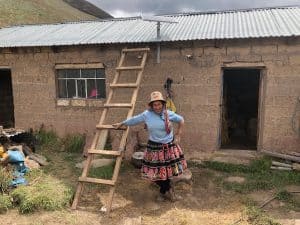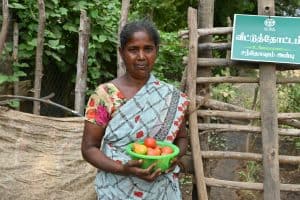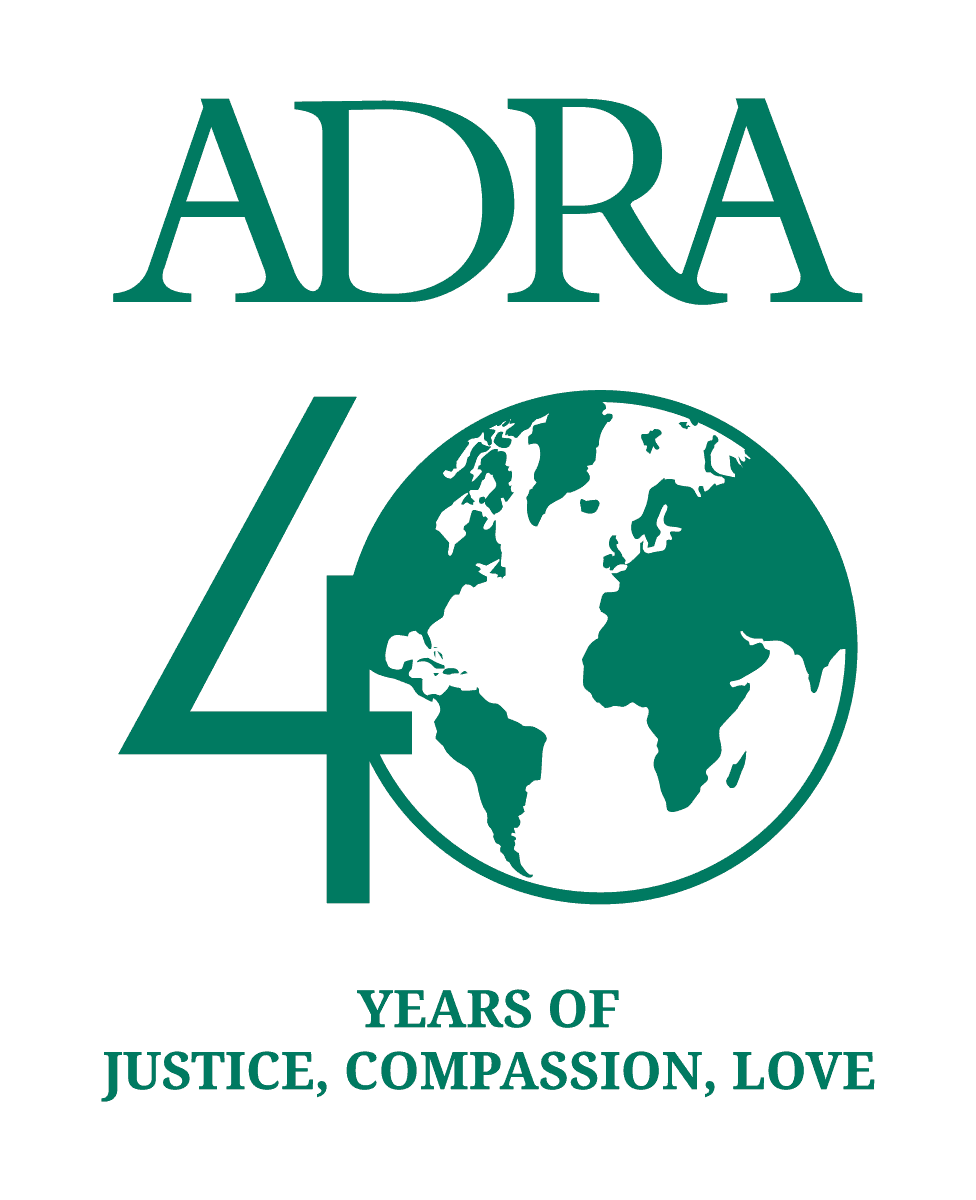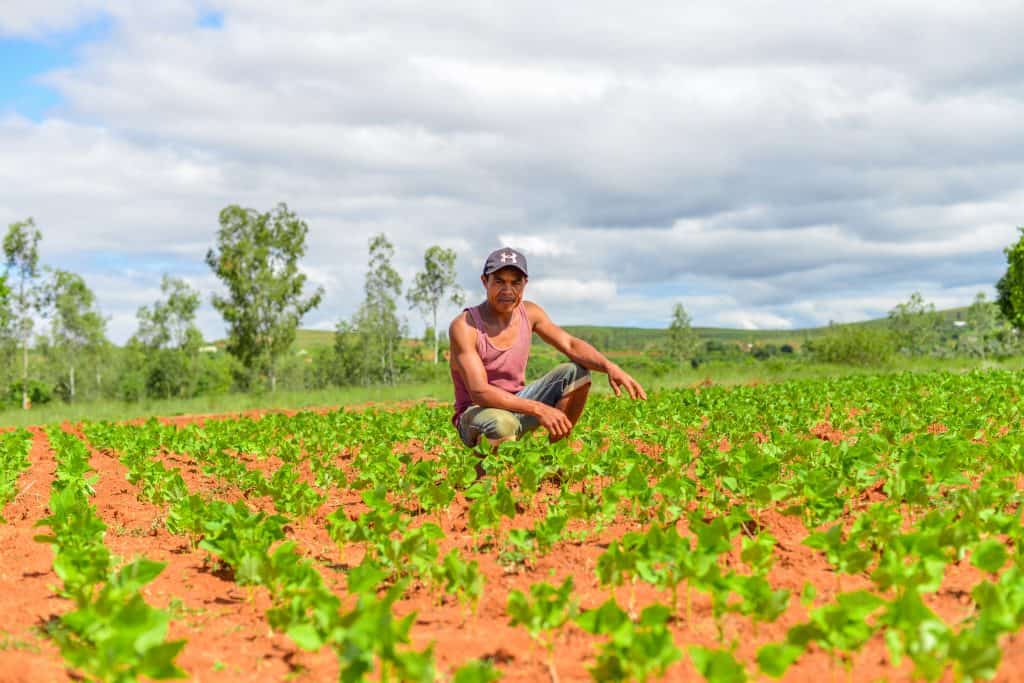
Food insecurity is one of the most pressing problems in the world today. A report by the United Nations in 2022 states that 828 million people worldwide regularly go to bed hungry. Around 50 million people are facing the threat of famine in 45 countries.
The amount of people who are acutely food insecure has increased by 20 million since 2019. This sharp increase in critical hunger is commonly attributed to the physical and economic impact of the COVID-19 pandemic, a global health crisis that has robbed millions of lives, health, jobs, and money.
The second goal of the United Nations Millennium Development Goals is to eradicate world hunger by 2030. Every major organization and humanitarian agency that monitors food security, however, claims the world is no nearer to that goal than we were in 2015. In fact, the United Nations says, if recent trends continue, hunger will affect nearly 900 million people by 2030.
The crisis of world hunger is not going away. It is getting worse. Hunger crises in the Horn of Africa and in other countries only add to the urgency of the situation. They have been made far worse by the ongoing fallout of the COVID-19 pandemic, covid, an increasing frequency of extreme weather, and not enough resources.
What is Acute Food Insecurity?
According to the Global Network Against Food Crises—an international alliance of the United Nations, the European Union, and other nongovernmental agencies—acute food insecurity is, “when a person’s inability to consume adequate food puts their lives or livelihoods in immediate danger.”
If unaddressed, acute food insecurity leads to starvation.
Starvation occurs in conflict zones like Yemen, Syria, Ethiopia, and Democratic Republic of Congo, where violence disrupts the food chain and the ability to farm.
Starvation occurs in arid climates like Kenya and Madagascar, where erosion and increasing desertification create droughts and other conditions hostile to growing food.
Starvation occurs in unpredictable and erratic climates like those found in Central America, Mozambique, and the Philippines, where climate change continues to widen the disparity between seasonal floods and seasonal droughts.
Starvation occurs worldwide. If recent trends persist, millions more each year will experience hunger, malnutrition, and the hopelessness of starvation.
Because of these alarming trends, ADRA continues to fight hunger and starvation.
Our food security projects are designed to meet needs wherever we find them: conflict zones, regions facing the brunt of climate change, and those made vulnerable by the COVID-19 pandemic. We use community-driven solutions to promote long-term recovery and sustainability, so that all may live as God intended.



